Interviews shouldn’t be intimidating. Remember, you’re also interviewing your prospective employer!
However, you do need to do your homework. In today’s world, with so much information available online, there’s no excuse for not researching the practice and the key people beforehand. If you’re working with a recruiter, they should be able to give you some information. Aim to understand the ethos of the practice and how you can contribute to that.
For virtual interviews, some rules remain the same as for in-person interviews. Dress in your best interview outfit (yes, the whole outfit! Even if you feel professional in your suit jacket and jammie pants, there’s always a risk they’ll be seen.) Sit up straight, smile, watch your body language, and make eye contact (remember, that means looking at the camera, not at the interviewer’s eyes on the screen).
However, there are also some new rules. Test your internet connection and whatever software you’ll be using in advance (if it’s Zoom, make sure that funny background is off.) Ensure what’s actually behind you on camera provides a professional-looking background, and make sure you’re clearly visible on camera and well-lit. It’s easy to talk over each other during virtual interviews, so leave longer pauses than usual to make sure your interviewer is done talking. And finally, make sure your phone is off, as well as any apps and tabs that could make noise on your computer.
During any interview, be prepared to ask and answer certain common questions. Here are some you can ask your interviewer to appear keen, ambitious, and strategically minded.
Questions to ask at interview
- Why is this role available?
- What are your goals for the role?
- What kind of training will be available?
- What obstacles must be overcome to succeed in this role?
- How will my performance be evaluated?
- What are the opportunities for career progression?
- How do you anticipate the practice will grow over the next 12 months?
Questions you should be ready to answer
“Tell me about yourself.” This means tell them about yourself as a vet. Past roles, education, and professional strengths are relevant, hobbies are not.
“What do you know about our organisation?” Don’t just quote the details you’ve memorised, but be positive about what you’ve learned, and if possible, highlight why you’d be a great fit.
“Why are you interested in this role?” Again, this is about two things: why you’re a good fit, and how keen you are to work for the practice.
“What are your most significant accomplishments so far?” Think of recent career accomplishments that relate to this job and its requirements.
“Tell me about a time when your work was criticised.” This is one you definitely want to prepare in advance. Focus on how you solved the issue and how you became a better vet because of it.
When you register with NSV The Vet Recruiters, we provide information on the prospective practice, CV advice, and interview preparation so you are best prepared to get the job you want! You can view our current vacancies or register with us to find out more!








